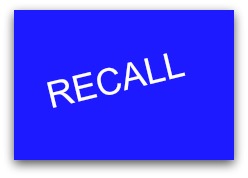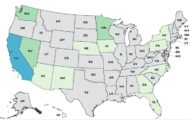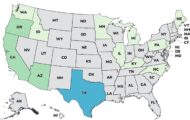If you’ve purchased a recalled food, the USDA’s Meat and Poultry Hotline has tips on what to do. First, remember that food recalls are very specific. The recalled items are identified with sell-by dates, UPC numbers, package sizes, and product names and brands. You may have purchased a similar product, but not the one recalled.
 Identify the reason for the recall. Those reasons could include bacterial contamination, foreign objects, undeclared allergens, or improper labeling. Read the recall notice carefully, noting all details.
Identify the reason for the recall. Those reasons could include bacterial contamination, foreign objects, undeclared allergens, or improper labeling. Read the recall notice carefully, noting all details.
If the reason is for an undeclared allergen and no one in your family is allergic to that ingredient, there’s no reason for worry. If a product is being recalled for foreign materials and you didn’t find anything in the product, don’t worry.
But if the product is for bacterial contamination and you ate it, you should monitor yourself for the symptoms of the illness that bacteria caused for the next few days, weeks, or months. Salmonella, E. coli, and Campylobacter usually cause illness within a few days, but food poisoning caused by Listeria monocytogenes can not appear for 70 days.
If you do get sick, see your doctor and tell her you ate this recalled product. She will order stool samples to see if the bacteria is in your system. If you are sick, and the bacteria matches bacteria in the product, your illness will be reported.
If you have the recalled product, return it to the store. It will be returned to the manufacturer or destroyed.




